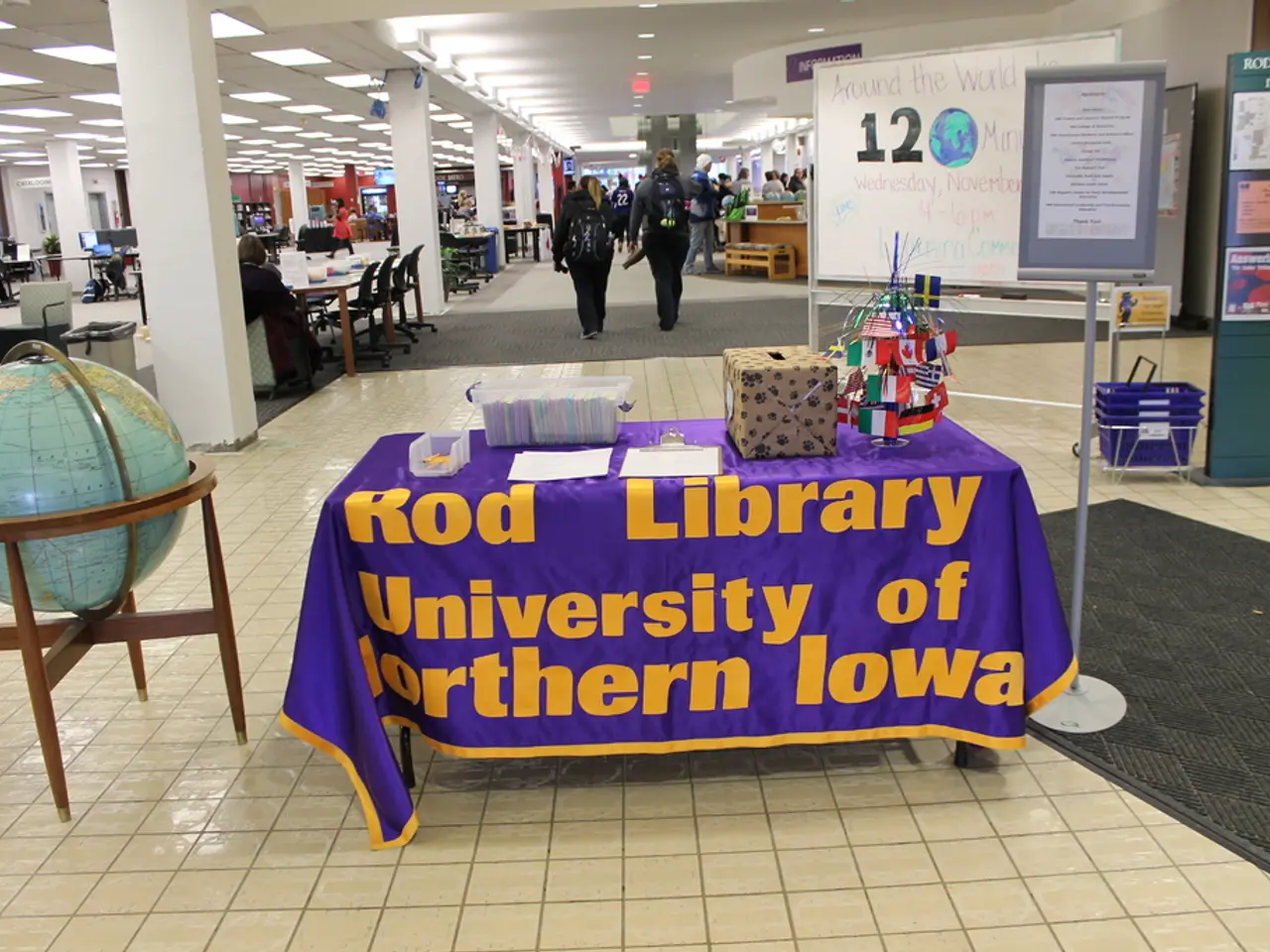Gathering of International Organizations / International Organization Celebration Day
International Organizations Recruitment: Tips and Skills for Aspiring Professionals
A host of international organizations, including the United Nations Conference on Trade and Development (UNCTAD), Food and Agriculture Organization (FAO), United Nations Industrial Development Organization (UNIDO), International Trade Center, United Nations Development Programme (UNDP), United Nations Population Fund (UNFPA), United Nations Educational, Scientific and Cultural Organization (UNESCO), United Nations Children's Fund (UNICEF), United Nations High Commissioner for Refugees (UNHCR), United Nations Office for the Coordination of Humanitarian Affairs (UN OCHA), United Nations Office on Drugs and Crime (UNODC), United Nations Sustainable Development Solutions Network (UN SDSN), United Nations Tourism Organization, United Nations Volunteers, International Monetary Fund (IMF), World Health Organization (WHO), Asian Development Bank (ADB), African Development Bank (AfDB), European Space Agency (ESA), European Free Trade Association (EFTA), International Criminal Court (ICC), International Energy Agency (IEA), International Labour Organization (ILO), Inter-American Development Bank, International Organization for Migration (IOM), International Telecommunication Union (ITU), and the International Finance Corporation (World Bank Group) are present on campus, providing a unique opportunity for students to learn about and prepare for careers in global affairs.
For those aiming to work in these esteemed organizations, key recruitment tips and required skills have been identified.
Recruitment Tips:
- Meet educational and professional requirements: Most international organizations require at least a university degree, often a relevant Master’s degree depending on the job area.
- Gain relevant work experience: Some positions require 2 or more years of related professional experience in international affairs, development, policy analysis, or technical fields. Internships and Junior Professional Officer (JPO) programs are common entry routes.
- Master required languages: Fluency in English is essential; knowledge of French is often required or desirable. Additional languages like Arabic, Spanish, Russian, or Chinese can be advantageous.
- Demonstrate analytical and communication skills: Excellent research, communication, and interpersonal skills are crucial, especially for technical and policy roles.
- Apply through formal programs: Participate in established programs such as the UN Junior Professional Officer (JPO) program, UN Volunteers, or sector-specific young expert programs.
- Tailor applications and prepare for multi-stage selection: Applications usually involve written tests, interviews (virtual or in-person), and competency-based assessments focused on international development competencies and job-specific skills.
- Network and seek expert guidance: Joining career courses or consulting experts specialized in international careers can improve chances.
Required Skills:
- Technical and sector-specific expertise: For example, telecommunications or IT skills for positions at ITU, political analysis for UN political missions, or economic policy knowledge for OECD or World Bank roles.
- Research and analytical ability: Strong capacity for data analysis, policy formulation, and strategic planning is commonly required.
- Multilingualism: English proficiency is mandatory; additional languages enhance employability.
- Project and program management: Experience in managing international cooperative programs, donor relations, and budget oversight is valued.
- Adaptability and cultural sensitivity: Ability to work in diverse, multi-cultural environments and often in challenging field conditions.
- Digital literacy: Proficiency with software tools such as Microsoft Office, and sometimes specialized software or programming languages (e.g., SQL, software development for ITU roles).
- Interpersonal and leadership skills: Strong teamwork, communication, and sometimes leadership capabilities are sought, especially for senior or coordination positions.
Job vacancies in these organizations often emphasize a mix of academic qualifications, relevant international or development work experience, language skills, and soft skills such as communication and teamwork. Preparing for competitive, structured recruitment processes focused on competencies will be critical.
These insights are drawn from recent recruitment calls and programs for the UN system, OECD, ITU, WIPO, and international job portals specialized in global affairs.
- To maximize your chances of landing a job in international organizations, focus on building your skills in education and self-development, such as mastering required languages and gaining relevant work experience in international affairs, development, or technical fields.
- For career development and successful job-search in these esteemed organizations, prioritize essential skills like technical and sector-specific expertise, research and analytical ability, adaptability, and digital literacy, and consider participating in formal professional development programs offered by these organizations.




